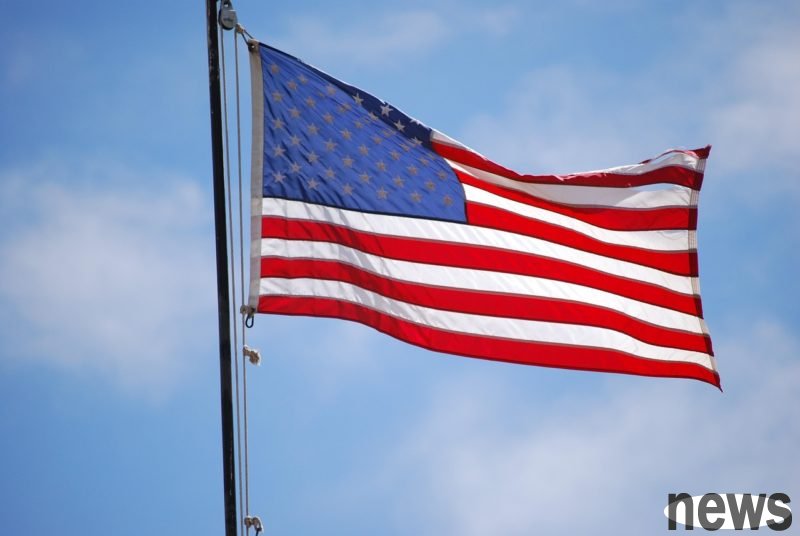The Semiconductor Industry Association (SIA) recently issued an open letter to John A. Squires, Director of the United States Patent and Trademark Office (USPTO), hoping that he would reconsider the proposal to levy annual patent fees. It is reporte...

The Semiconductor Industry Association (SIA) recently issued an open letter to John A. Squires, Director of the United States Patent and Trademark Office (USPTO), hoping that he would reconsider the proposal to levy annual patent fees. It is reported that the proposal will levy an annual patent fee based on the government's assessed value, rather than the current fixed rate.
SIA pointed out in the document that patents in the semiconductor industry are highly interconnected, making it difficult or even impossible to accurately assess the value of a single patent.
In order to increase financial revenue, the U.S. Department of Commerce is planning to reform the patent fee structure. In January 2025, the USPTO has increased many patent fees and added new fees, which are expected to increase revenue by approximately US$440 million per year. However, these are fixed rates, and companies and individuals can clearly budget and pay costs.
The new proposal proposes to levy patent maintenance fees based on the government’s assessment of patent value at an annual rate of 1% to 5% to replace the current fixed fee model. However, this proposal has met with strong resistance from all walks of life.
SIA bluntly stated that this may dampen the willingness of the United States to apply for patents, thereby weakening cooperation and transparency that are crucial to innovation and technological development. In addition, the percentage billing method will make it more difficult for businesses and individuals to manage patent holding costs, which is particularly detrimental to small businesses or individuals because they may not be able to afford millions of dollars to maintain patent ownership.
Some experts describe this move as double taxation because patent holders already need to pay taxes based on their intellectual property income.
Although this is only a proposal at present, it has attracted strong criticism from intellectual property experts, industry associations and many technology companies. If this policy is passed, it may inhibit innovation in the United States and encourage these people to switch to countries with more friendly patent policies.
Chipmaking industry pushes back on U.S. Patent Office considering imposing annual fee based on assessed value — “tax on innovation” draws strong opposition from Semiconductor Industry Association Further reading: Motivate employee R&D morale! Samsung triples patent bonus, striving to return to technology dominance Wei Zhejia's "tsmc sneakers" are so eye-catching! Kaohsiung MIT shoe factory reveals its origin story 8 years ago